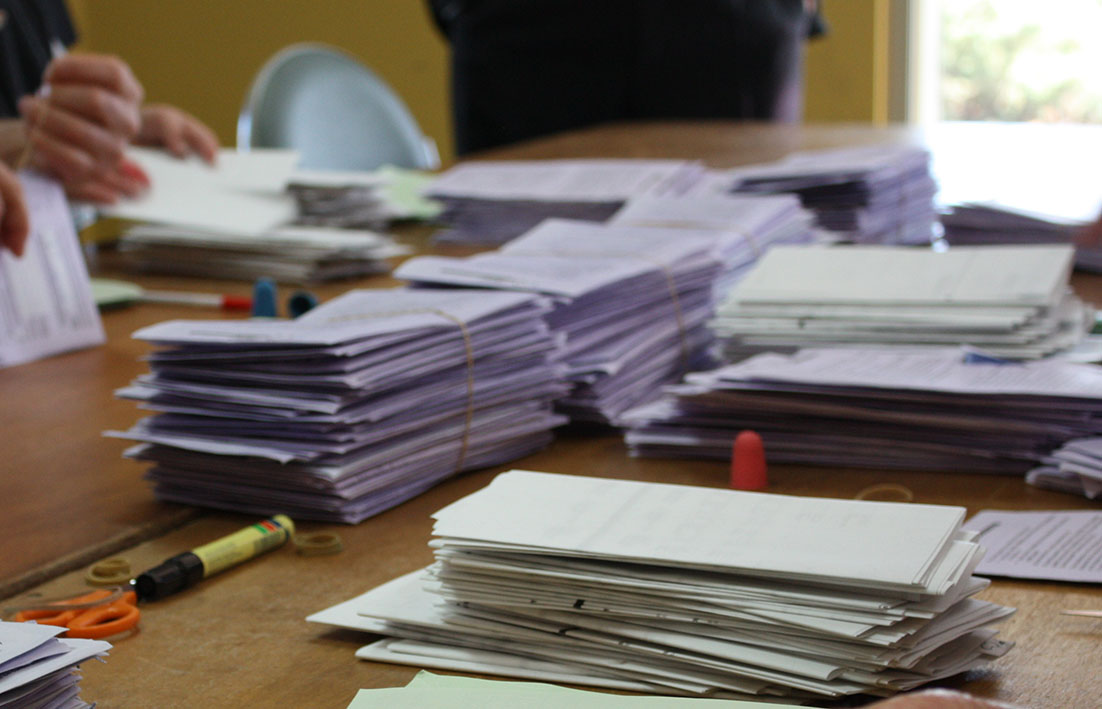
ARE voters confused with the changes this year to local government elections, which include optional preferential voting replacing the first past the post system?
University of Notre Dame politics and international relations professor Martin Drum said there is bound to be some confusion, especially given it is a new system for local government.
But Dr Drum said on the other hand, voters have been allocating preferences for state and federal elections for decades, so the new system should not be too complicated for them.
In the lead up to the Saturday, October 21 election day some election signs in the City of Swan have been stolen and graffitied with phallic symbols.
Dr Drum, whose research includes voting, elections and Australian politics, said normally it would be most unlikely that preferential voting would lead to this sort of behaviour.
“But it’s possible that someone may see a candidate, who recommends preferences for someone other than themselves, as a threat which needs countering,’’ he said.
“Generally such behaviour is disgraceful, but occurs with or without preferential voting.’’
Asked if his research had shed any light on how preferential voting affects elections, and in particular local government elections and whether it affects how candidates behave towards each other when campaigning, he said preferential voting does affect electoral outcomes.
“It allows supporters of an unsuccessful candidate to directly impact the outcome.
“It can also lead to alliances between candidates, who recommend voters preference their ally.
“Preferential voting means that the vote is no longer ‘split’ between two similar candidates, since these candidates could try to pool their supporter bases.’’
He said candidates and parties will try to game any system of voting.
“There is no doubt that some candidates will try to ‘team up’ and direct preferences to each other.
“Some people may even try to run an extra candidate solely for the purpose of directing preferences.
“But voters should keep in mind that they choose their own preferences, so no candidate can ‘direct’ them as such.
“The best a candidate can do is make a recommendation.
“Also, a candidate has to get a vote before they have a voter preference anyway; the less popular they are, the less their preferences matter.’’
Social media comments about female candidates have also been very derogatory this election.
Dr Drum said sadly this was not uncommon.
“I haven’t done my own research on this, but unfortunately social media has led to a rise in such comments, and this is not new.
“The recent absence of content moderation on X (formerly Twitter) hasn’t helped.’’
The Western Australian Electoral Commission said under the optional preferential voting system, voters number candidates in the order of their preference and do not have to number all the boxes if they do not want to.